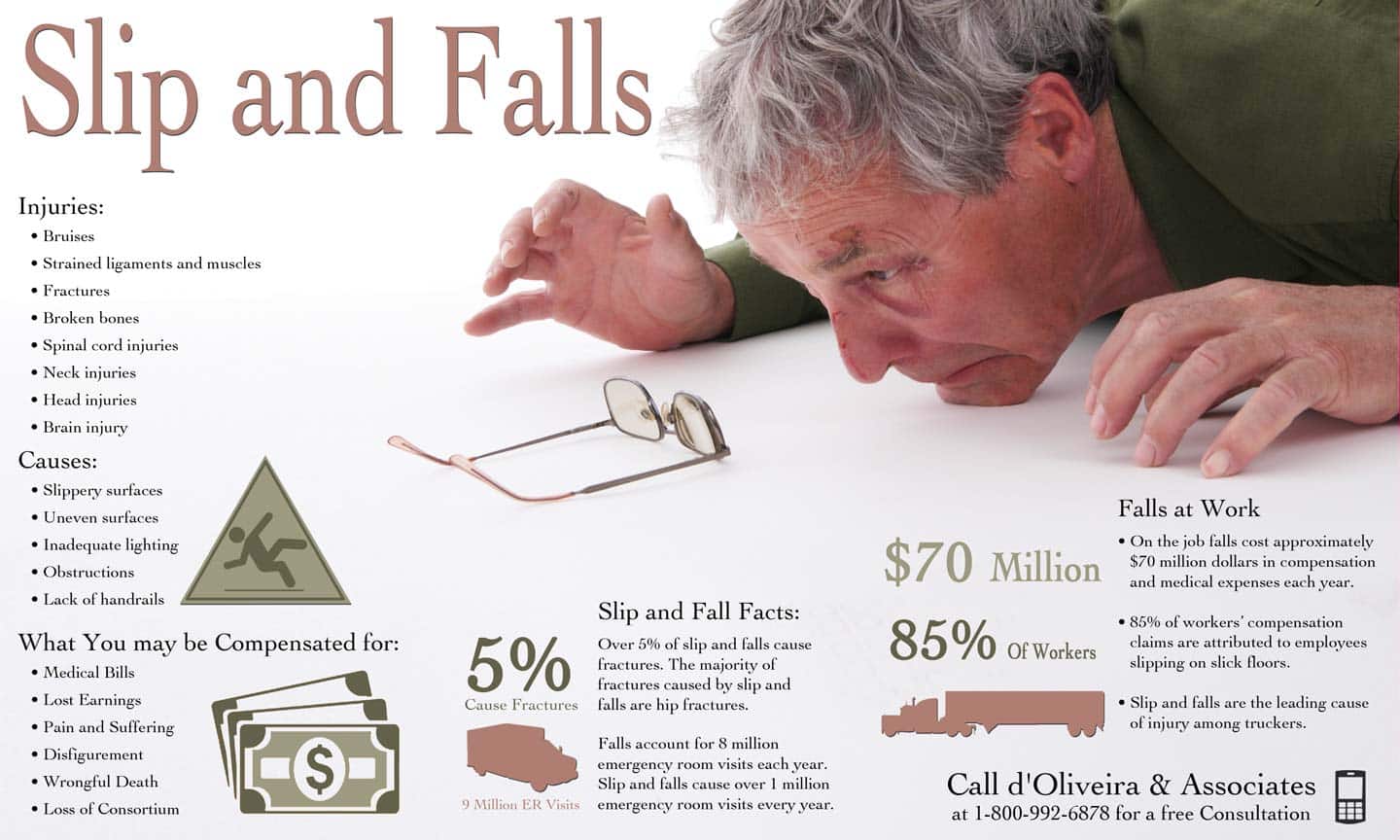A Real Estate Lawyer'S Source On Landlord-Tenant Legal Matters
A Real Estate Lawyer'S Source On Landlord-Tenant Legal Matters
Blog Article
Authored By-Wilkins Bennetsen
When it concerns landlord-tenant law, recognizing your legal rights and obligations is crucial for both celebrations. You may think you have a solid understanding on the basics, yet there are frequently subtleties that can catch you off guard. Whether you're a property owner handling a residential property or a lessee looking for a stable home, understanding the legal landscape can make all the distinction. What might stun you are the complexities associated with navigating disputes and expulsion processes.
Recognizing Renter Civil Liberties and Responsibilities
When you rent a residential or commercial property, it's crucial to recognize your rights and duties as a renter. You can a safe and habitable living atmosphere, suggesting your property owner needs to maintain necessary services like home heating, pipes, and electrical power.
You're additionally entitled to privacy; property managers normally require to give notice prior to entering your system.
On the other side, you're responsible for paying rent in a timely manner, maintaining the building clean, and not triggering damage past regular damage.
Acquaint on your own with your lease contract, as it describes certain guidelines and responsibilities. Knowing these elements not just shields you but additionally promotes a positive connection with your property owner.
Keep informed, and you'll browse your tenancy better.
Secret Property Manager Commitments and Lawful Considerations
While you may know your rights as a renter, it's equally essential to comprehend your proprietor's obligations.
Landlords must supply a secure and habitable living setting, guaranteeing that vital systems like home heating, plumbing, and power are in functioning order. They're likewise responsible for making necessary repairs promptly and sticking to local building regulations.
Furthermore, landlords must respect your privacy by providing correct notification prior to entering your device, normally 24 hr. They need to manage security deposits according to state legislations, consisting of returning them without delay after you vacate, minus any legal reductions.
Recognizing these commitments can help you maintain a positive relationship with your property manager and ensure your living scenario fulfills legal requirements.
Navigating Disputes and Eviction Processes
Disputes between property owners and occupants can develop unexpectedly, making it important for you to understand the procedures involved in fixing them.
Initially, interaction is crucial-- try to go over issues directly to discover a compromise. If https://squareblogs.net/hilda677jean/what-to-expect-when-closing-a-real-estate-deal-with-an-attorney falls short, familiarize on your own with your local legislations regarding disagreements and eviction. Paper everything: keep documents of interactions, settlements, and any type of offenses.
If eviction comes to be needed, guarantee you adhere to the legal steps required in your location, which typically consists of supplying composed notice and a certain timeframe for resolution.
Be prepared to head to court if the circumstance rises, maybe your only choice. Comprehending can you file for legal guardianship without a lawyer will certainly help you navigate disagreements better and safeguard your legal rights as either a property manager or renter.
Final thought
In summary, recognizing landlord-tenant law is vital for both events involved in a rental agreement. By knowing your civil liberties and responsibilities, you can foster a better living environment and stay clear of problems. If disagreements develop, keep in mind that a realty legal representative can aid lead you via the complexities of expulsion procedures and legal responsibilities. Staying educated and aggressive will guarantee a smoother rental experience, whether you're a landlord or an occupant.
